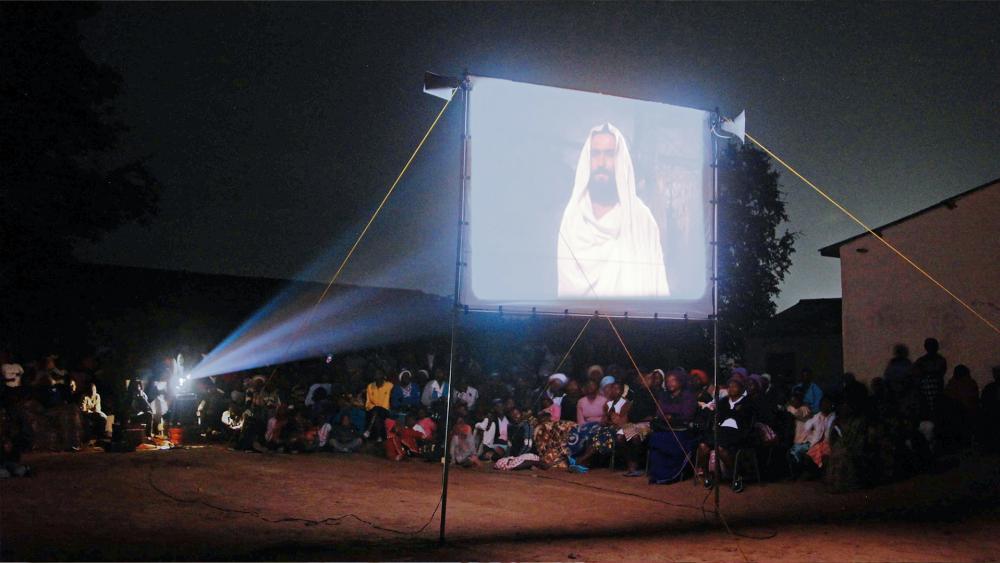The High Court of Kenya in Malindi in a ruling made on March 25, 2022, has affirmed the right to abortion under the Constitution and directed Parliament to enact reforms. The ruling was in the case, PAK and Salim Mohammed vs the Attorney General and 3 others (Petition E009 of 2020).
In what the pro-choice has termed as a landmark judgment, the High court judge Rebeun Nyakundi said that abortion care is a fundamental right under the Constitution of Kenya and that arbitrary arrests and prosecution of patients and healthcare providers for seeking or offering such services is illegal.
He further noted that protecting access to abortion impacts vital constitutional values including dignity, autonomy, equality, and bodily integrity, and criminalizing abortion under Penal Code without Constitutional statutory framework is an impairment to the enjoyment of women’s reproductive rights.
This ruling comes after Center Reproductive Health Network Kenya, listed as the petitioner, a 16-year-old minor and a clinical officer moved to the court to challenge the government’s failure to interpret and apply the impugned sections of the penal code with the alterations, adaptations, qualifications, and exceptions necessary to align them with the constitution.
Specifically, the Court’s ruling affirmed that”
- Abortion care is a fundamental right under the Constitution of Kenya and that arbitrary arrests and prosecution of patients and health care providers seeking or offering such services is illegal.
- Protecting access to abortion impacts vital Constitutional values, including dignity, autonomy, equality, and bodily integrity.
- Criminalizing abortion under the penal code without a Constitutional statutory framework is an impairment to the enjoyment of women’s reproductive rights.
In Kenya, the 1963 Penal Code criminalizes all abortion care, including those allowed under the Constitution 2010. The Constitution permits abortion if, in the opinion of a trained health professional, there is a need for emergency treatment or the life or health of the mother is in danger.
The ruling that now binds everyone goes against what the Church stood up for and made its stand known during the constitutional making process under the bills of rights.
Bishop Emeritus of Christ is the Answer Ministries (CITAM) Rev. Dr. David Oginde reacting to the ruling said, “Parliament which is the representative of the people is supposed to legislate and pass laws that are in line with the views of the people. Is the court taking up that role?”
Questioning the role of the courts in legislation, Bishop further stated that, “during the Constitution-making process almost 80% of Kenyans were opposed to the legalization of abortion in this country and the judicial system should not be used by pro-choice groups to advocate and allow abortion.”
The church holds that human life must be respected and protected absolutely from the moment of conception.







